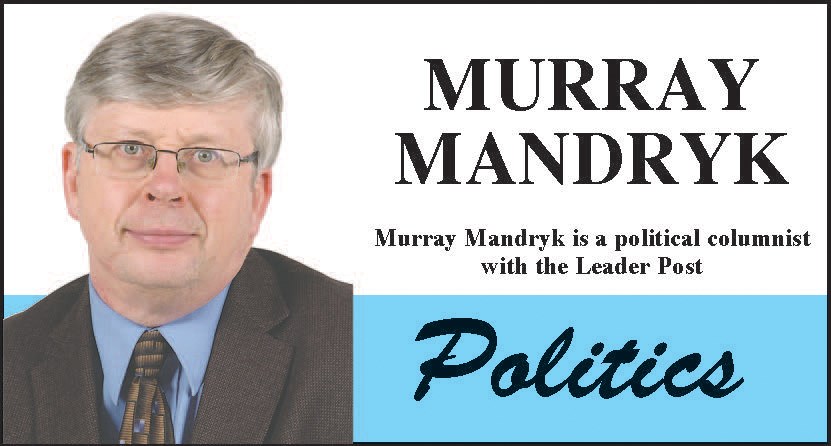A killer drone 10,200 kilometres away could have a big impact on the Saskatchewan election still eight months from now.
That drone that took out Iranian general, Qassim Suleimani — said to be the second most powerful person in the state that’s long been American’s enemy — could yet have a profound effect on politics in many parts of the world, including here at home.
However, whether how much of an effect it will have and whether it will affect us as much it might have had are now two big questions.
The pleasing thing is we might not be quite as vulnerable to such events as we once were.
Of course, the political turmoil in the Middle East won’t directly effect on Premier Scott Moe’s political fortunes in the Oct. 26 election … or at least, it won’t have the direct impact it might have on U.S. President Donald Trump’s election just eight days later.
However, political instability in the Middle East has traditionally had a big effect on something very important to both the Saskatchewan economy and its politics: the price of oil.
As of the writing of this column, the West Texas Intermediate price of oil was $62.02 US a barrel — better than both the initial Saskatchewan 2019-20 budget projection ($59.27 US a barrel) and the slightly downgraded mid-year projection ($57.03 US a barrel.)
An increase in the oil price as generally been good for both the Saskatchewan economy and budget revenues, which, in turn, is really good for the political fortunes of the government of the day.
But maybe it’s about here where it would to be best to be careful about old assumptions. Things are changing in this world and it might even be that the rise and fall of oil prices isn’t quite the big deal it used to be.
To begin with, the oil market instability expected to follow the assassination and Iran’s retaliatory missile attack hasn’t happened … at least not quite yet.
Sure, oil prices increased slightly, but (as of the writing of this) by only a modest 1.5 per cent.
Things could change quickly if oil flow is disrupted — something that could happen it Iran continues its retaliate by things like limiting shipping through the Strait of Hormuz in the Persia Gulf. (As suggested earlier, things 10,000 kilometres away have a way of impacting us here.)
But, so far, that’s not been the case.
And even if were, there are other factors in play.
For example, if there is a boom in oil prices it will certainly benefit the economy in certain parts of rural Saskatchewan.
However, rural Saskatchewan is already firmly supporting the Saskatchewan Party — whether it’s good economic times or no. Politically speaking, it’s unlikely that there will be much effect here.
Of course, the indirect political effect of increasing oil revenue is affording the provincial government the luxury of spending more. That could appease some voters frustrated by 2017 budget cuts.
But those frustrated with the Sask. Party administration these past 12 years might not be satisfied by a bit of additional government spending in an election year.
Moreover, an oil windfall isn’t quite the big deal in once was.
Much to the credit of Finance Minister Donna Harpauer and the Sask. Party government, the financing of the provincial budget as been rejigged in a more manageable way.
As of the mid-year update of the 2019-20 budget, about half our revenue comes from taxes and only 12 per cent comes from non-renewable resources.
Essentially, this has sheltered Saskatchewan taxpayers from things beyond their control, including what’s now going on in the Middle East.
We aren’t completely immune, but we are less vulnerable to things we can’t control than we once were.
Murray Mandryk has been covering provincial politics for over 22 years.



